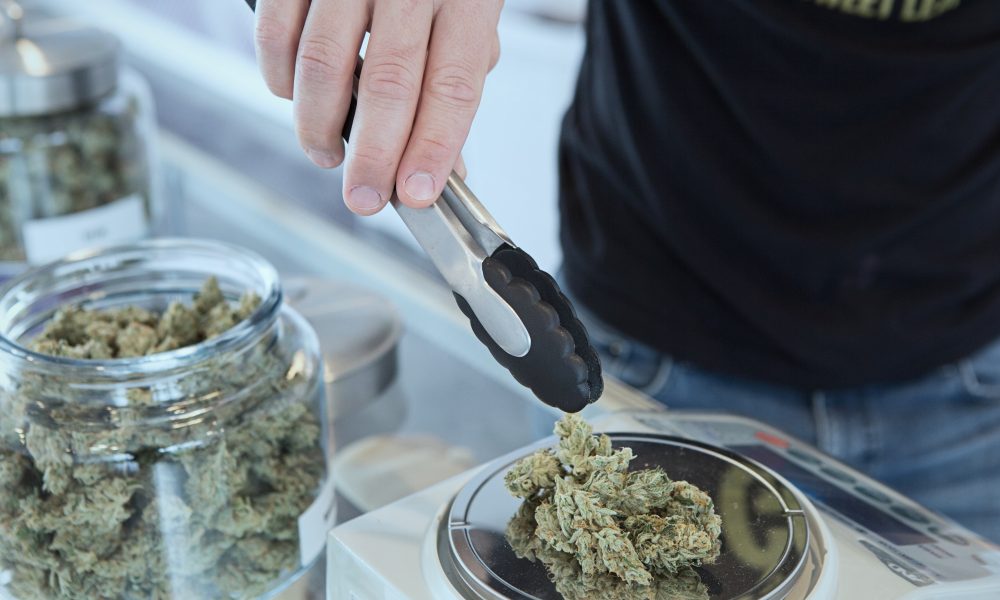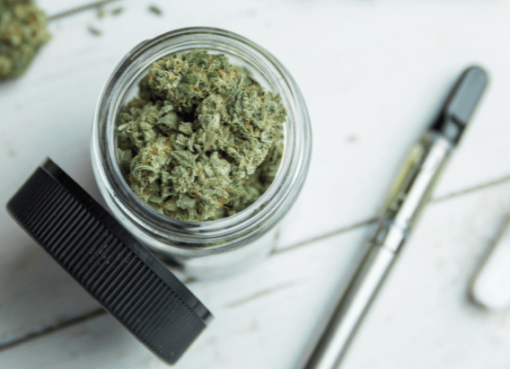Impact of Cannabis Legalization on Medicine & Research: UW Professors

- Wisconsin State Sen. Melissa Agard has introduced a bill to fully legalize cannabis at the state level, including a permitting program for producing, processing, and selling marijuana products, creating an excise tax on recreational marijuana sales, and expunging criminal convictions that would have been decriminalized by the new law.
- While some states have legalized marijuana for medicinal and recreational use, laws and regulations vary widely; in Wisconsin, only patients prescribed by their physicians are allowed to possess CBD for medical purposes, and there are no dispensaries at the state level. However, municipal and city ordinances in Madison and Milwaukee have effectively decriminalized possession of both CBD and marijuana for recreational use.
- University of Wisconsin professor of Pharmacy, Barry Gidal, expressed concerns about legalizing medical marijuana including the need for oversight and specificity, as well as the misleading term “medical marijuana” which implies it’s a single drug. Despite these concerns, he supports the decriminalization of marijuana to combat social injustice in Wisconsin.
Wisconsin Senator Proposes Statewide Cannabis Legalization Bill
State Sen. Melissa Agard (D-Madison, Wisconsin) recently proposed a bill to legalize cannabis in Wisconsin. The legislation includes a permit program for marijuana production, taxation of recreational sales, and expunging convictions that would be decriminalized under the law.
Medical Marijuana: A Complex Legal Landscape
While the therapeutic effects of marijuana’s primary cannabinoids have been researched, federal approval for treatments faces legal and political hurdles. Currently, only patients with physician prescriptions can possess CBD in Wisconsin, which lacks dispensaries. However, city ordinances in Madison and Milwaukee have essentially decriminalized possession of CBD and marijuana for recreational use, according to the NORML Foundation.
The State of Legalization Across the U.S.
Twenty-four states have completely legalized marijuana possession for all uses, according to Reuters. State laws vary widely, with some states permitting medical use and decriminalizing recreational use, while others only allow low-THC/high-CBD products for approved patients, according to Iowa’s Health and Human Services.
Exploring the Impact and Potential of Legalizing Medical Marijuana
Professor Barry Gidal from the University of Wisconsin expressed concerns about oversight and specificity in legalizing medical marijuana in both pharmaceutical and private practices. Gidal highlighted the need for dispensaries to integrate with traditional healthcare systems to assist with dosage and potential drug interactions.
Cannabis-Based Medications Approved by the FDA
At the federal level, three cannabis-derived medications have FDA approval. This includes Epidiolex (cannabidiol) for treating seizures associated with Lennox-Gastaut syndrome and Dravet syndrome, and Marinol and Syndros, both containing THC, are used to help manage nausea and vomiting from cancer chemotherapies and to stimulate appetite in AIDS patients.
Hemp Research in Wisconsin
Research on hemp, a cannabis plant variant with less than 0.3% THC, was permitted in Wisconsin under the 2018 Farm Bill. This legislation led to the start of a lab led by UW assistant professor Shelby Ellison, focusing on hemp farming techniques and genetics. Ellison indicated that the current laws limit research, as plants with THC content above 0.3% must be discarded.
Future Federal Changes to Marijuana Regulations
The Department of Health and Human Services recommended reclassifying marijuana from a schedule I drug to a schedule III, which would ease federal restrictions on marijuana research, according to Reuters.
—
Read More Cannabis News



Leave a Comment